
This week, the financial news network CNBC released its rankings of the best states for business, ranking all 50 on 86 metrics in 10 broad categories, including workforce; infrastructure; life, health, and inclusion; technology; business friendliness; and access to capital. They used data from agencies, including the U.S. Bureau of Economic Analysis and the U.S. Bureau of Labor Statistics. These rankings serve as a valuable resource for entrepreneurs and business owners looking to make informed decisions about where to establish or expand their operations. Join us as we delve into the factors that contribute to the challenging business landscapes in these states and explore potential opportunities for improvement. There are the 20 worst states for doing business, starting with the 20th state from the top and ending with the #1 worst.
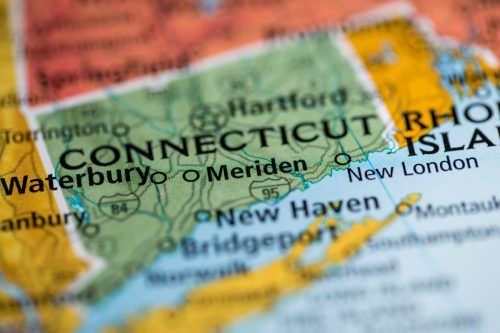
Connecticut’s decent scores for technology and education were eclipsed by D’s in three key financial categories: economy, cost of doing business, and cost of living.
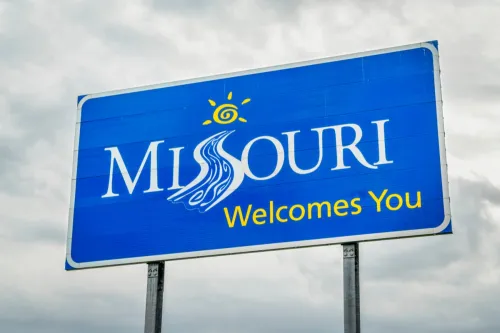
The Show-Me State had two accolades to show off: It ranks #2 in the nation for cost of doing business and seventh for cost of living. But failing grades for its workforce and life, health, and inclusion pulled it to the middle of the pack.
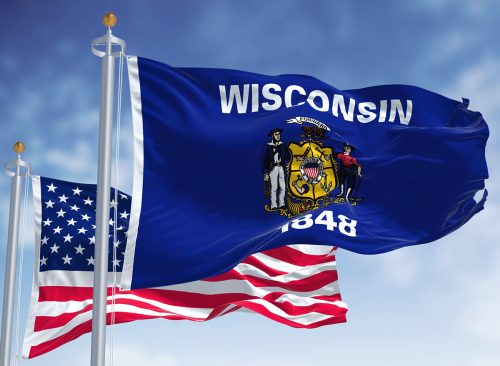
Wisconsin comes in #33 overall with a slate of near-failing grades: D’s in workforce, infrastructure, life, health and inclusion, business friendliness, and access to capital.
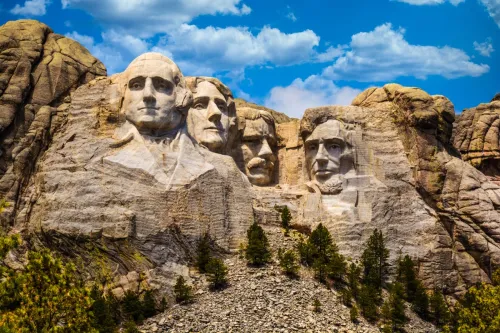
South Dakota scored an A for the cost of doing business and an A- in business friendliness (coming in second in the nation), but an F in technology and innovation and D- in workforce (both declines from last year) dragged it down.

Montana’s performance in this year’s analysis was a highly mixed bag. Perhaps surprisingly, its cost of living scored an F in 2023. It’s #9 ranking for economy in 2022 declined to #23 this year. Its score for technology and innovation improved slightly, only earning a score of D+.
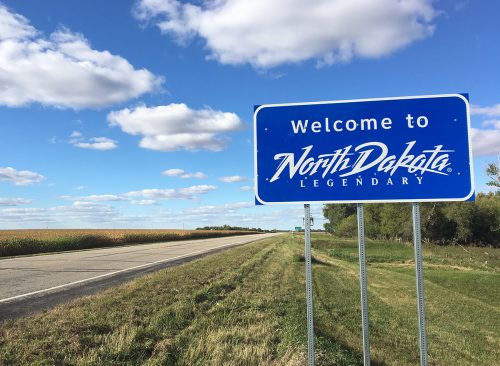
According to CNBC’s analysis, North Dakota‘s economy and technology and innovation rate an F—and they’re not going in the right direction. The state’s economy slid from 36th to 47th from 2022 to 2023, and its technology and innovation declined from 35th to 44th at the same time. Conversely, the state ranked #1 in the nation in business friendliness—but it wasn’t enough to outweigh D grades in workforce and access to capital.
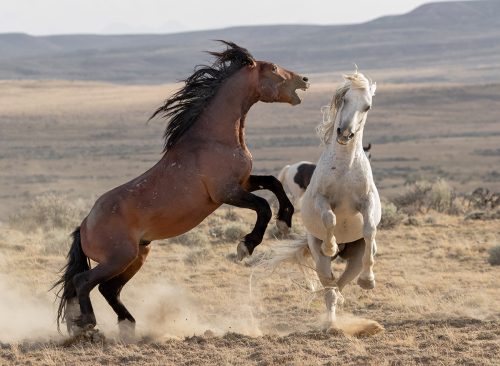
Wyoming earned an F in technology and innovation and three D+ grades in key areas (infrastructure, economy, and access to capital). No MBA is required to determine that’ll put you in the lower tier of business desirability.
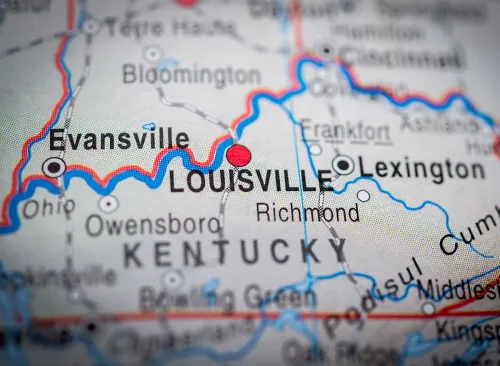
Coming in #38 among U.S. states overall, Kentucky offers a widely mixed portfolio to potential business owners, according to CNBC—D- grades in access to capital, business friendliness, and technology and inclusion, but an A grade in cost of doing business.

Maine was rated the second-best state in the nation for diversity and inclusion but earned F’s in infrastructure and access to capital, and D’s in cost of living, economy, and technology, which would have any guidance counselor suggesting the state buckle down and apply itself.

Bucolic New Hampshire earned an ugly streak of D’s in matters like workforce, infrastructure, and economy. But there’s hope for the future: A- grades put it in the top 10 nationally for education and business friendliness.
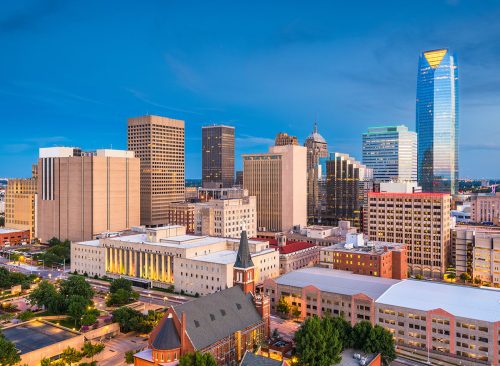
Oklahoma is not looking OK nationally in the areas of life, health and inclusion (F), education (D-), technology and innovation (D), and workforce (D+). If you’re just writing a check, you might tap your pen over the state’s A+ scores on cost of living and cost of doing business.
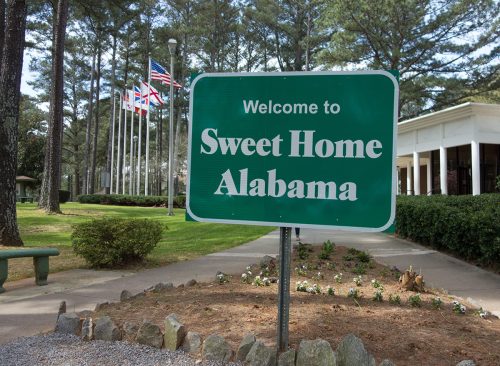
Alabama’s workforce ranking plummeted from #13 in 2022 to #44 this year, earning it a D grade. It flunked the life, health, and inclusion categories and business friendliness categories, neutralizing its A grade for the cost of doing business and its A- mark for cost of living.
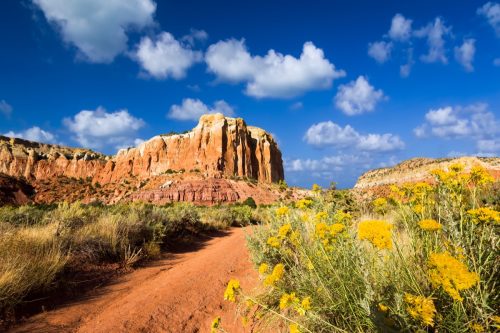
This year, New Mexico blew it in infrastructure, business friendliness, and access to capital, earning an F for each.
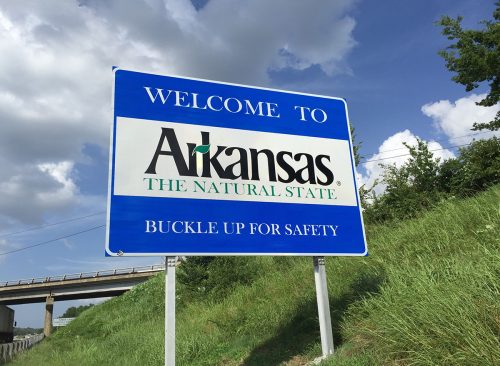
Arkansas suffered severe year-over-year declines in key categories, sliding from 30th to 46th in infrastructure, 40th to 49th in technology and innovation, and 29th to 44th in business friendliness. All three results earned F grades in this year’s survey, although it managed a B+ for both cost of living and cost of doing business.
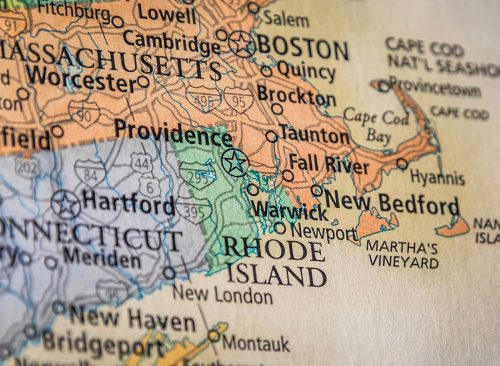
Rhode Island earned failing grades on infrastructure and economy, a trio of D’s (cost of doing business, business friendliness, cost of living), and nothing above a B- (life, health, and inclusion) in CNBC’s rankings.

West Virginia ranked dead-last in quality of workforce and earned F’s in economy, technology and innovation, and business friendliness. Although the state’s cost of living and cost of doing business both earned an A+, that wasn’t enough to save it from a bottom-five finish overall.

Looking at CNBC’s report card, Hawaii has almost nothing other than the weather to recommend to a business owner: It came in dead last among all 50 states in cost of living, access to capital, and cost of doing business, and scored D’s in workforce, economy, technology and innovation, and business friendliness.
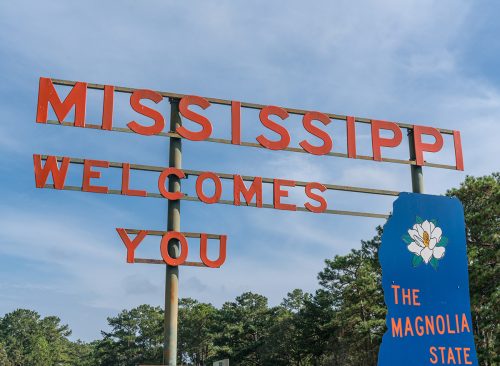
While Mississippi’s cost of living rated an A-, according to CNBC, the state earned failing grades on infrastructure, economy, technology and innovation, and business friendliness. Combined with an access-to-capital score of D, the Magnolia State wilted in the national rankings.
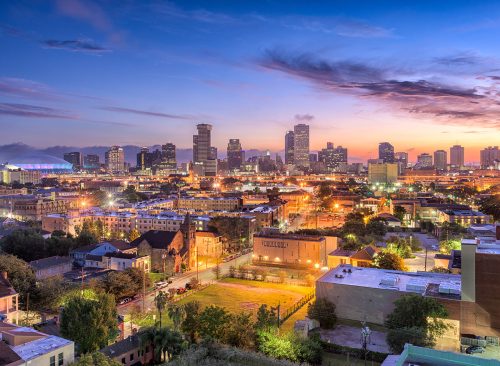
CNBC explained that workforce quality is its highest consideration, and Louisana’s rated an F, as does its infrastructure, technology and innovation, and level of life, health and inclusion. Although the state’s cost of doing business was rated A, too many major demerits dragged it to the bottom of the heap.
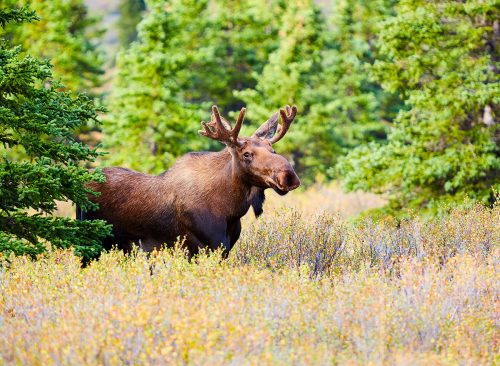
“Alaska can be a rugged and unforgiving place, and that’s not just its landscape. Its economy is prone to big booms and wrenching busts. Lately, it has seen more busts,” reports CNBC’s Scott Cohn. “The state is largely dependent on oil, and it’s seen its business there supplanted by shale oil states like Texas and South Dakota. According to the Commerce Department, Alaska’s economy performed worse than any other state in 2022, shrinking by 2.4%. Its 49th-place ranking in infrastructure and 48th-place finish in cost of doing business secured its place at the bottom of the network’s rankings.














